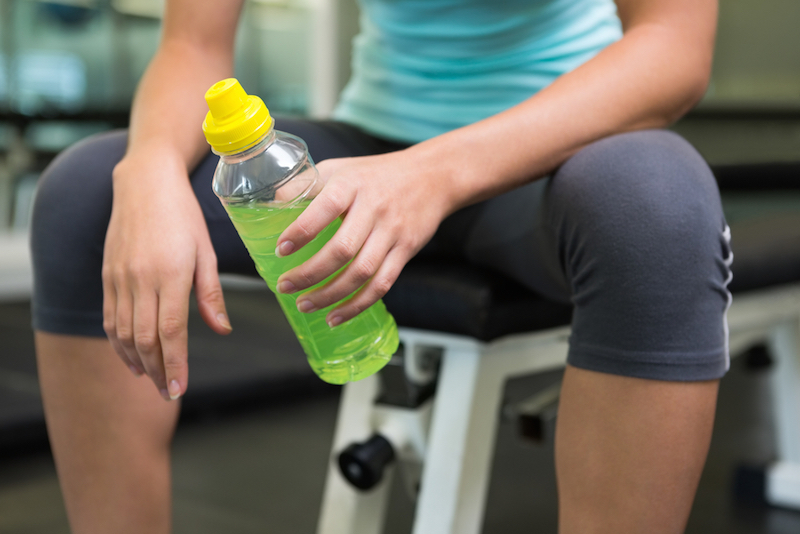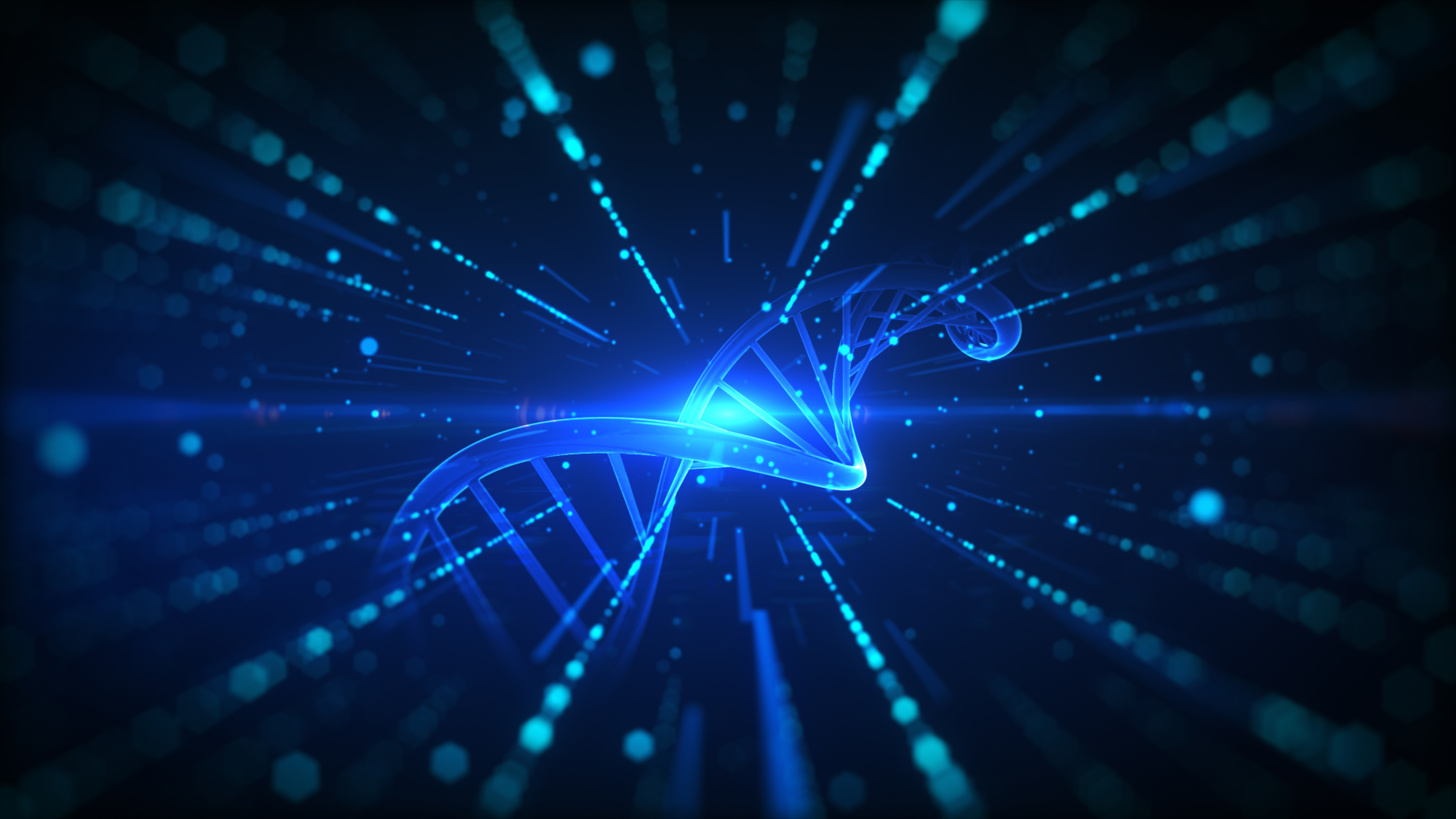Just One Energy Drink May Raise Heart Health Risk

Having just one energy drink can cause short-term changes in healthy adults that, over time, could increase their risk of heart disease, a new study finds.
In the study, participants who drank one 16-ounce (480 milliliters) can of Rockstar energy drink had higher blood pressure and higher levels of the hormone norepinephrine, after they drank the energy drink than before they consumed it. Norepinephrine is released by the adrenal glands and raises blood pressure; it is a cousin of the hormone adrenaline.
One Rockstar energy drink contains 240 milligrams (0.008 ounces) of caffeine, along with other stimulants, including 2,000 mg (0.8 ounces) of taurine and extracts of guarana seed, ginseng root and milk thistle, according to the study. [5 Health Problems Linked to Energy Drinks]
To test the effects of the drink, the researchers recruited 25 healthy adults to participate in the study. On two separate days, the researchers measured the volunteers' blood pressure, heart rate and blood levels of caffeine, glucose and norepinephrine. The researchers then asked the participants to consume either the energy drink or a placebo. The placebo was similar in taste, texture and color to the energy drink, but did not contain caffeine or other stimulants.
Thirty minutes after the participants finished each drink, the researchers repeated their measurements. The volunteers also underwent several tests that increased their physical and mental stress. During these stress tests, the researchers once again measured blood pressure and heart rate.
After consuming the energy drink, the participants' systolic blood pressure increased, on average, by 6.6 points (from 108.4 mm Hg to 115.0 mm Hg), compared with an average increase of 3.3 points (from 108.3 mm Hg to 111.6 mm Hg) after drinking the placebo.
Norepinephrine levels also increased following the consumption of the energy drink. They rose, on average, 100 picograms per milliliter (from 150 pg/mL to 250 pg/mL), compared with an average increase of 39 pg/mL (from 140 pg/mL to 179 pg/mL) after drinking the placebo.
Get the world’s most fascinating discoveries delivered straight to your inbox.
The changes seen in the study "may predispose [people] to increased cardiovascular risk," the researchers wrote in their study.
This is not the first study to suggest energy drinks may have a negative effect on heart health. In a study from earlier this year, the same research group found that energy drinks can raise people's blood pressure to potentially unhealthy levels.
However, the researchers noted that additional, larger studies are needed to confirm the results of the new research. The current study's limitations include the small sample size of adults and the use of only one type of energy drink, the researchers wrote.
Live Science reached out to Rockstar Inc. for comment, but did not hear back by press time.
The study was published in the journal JAMA today (Nov. 8) and was also presented at the American Heart Association's Scientific Sessions meeting, held in Orlando, Florida.
Follow Sara G. Miller on Twitter @SaraGMiller. Follow Live Science @livescience, Facebook & Google+. Originally published on Live Science.

 Live Science Plus
Live Science Plus





